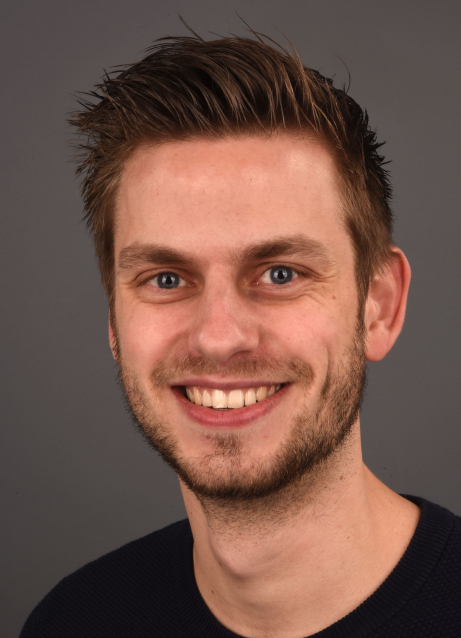Funding for follow-up research into the development of embryos
With a donation of almost 2.7 million euros from the foundation Stichting De Weijerhorst to Maastricht UMC+, new research is being funded into the still virtually unknown core processes between stem cells and other cells that take place in the embryo and in the interactions with the uterus. The research programme is led by the MERLN institute of Maastricht University (UM). This research builds on MERLN’s 2018 revolutionary innovation of the world’s first synthetic early embryos that, though formed in the lab, resemble natural embryos so closely that they implant and initiate pregnancy in mice. The new research is now focused on better understanding and administering the growth factors that will ensure that the synthetic embryos grow properly.
How do you achieve sustainable implantation?
The new research is looking for ways to improve the properties of the synthetic early embryo and for how to administer the right growth factors to ensure that it is implanted. This requires a great deal of research, the advantages of which are that stem cell lines can be grown indefinitely in the lab and that large numbers of early embryos can be tested in a controlled manner without the need to use animals. An external expert will also ensure that the ethical conditions of the project are met at all times.
Scientific boost
After the important scientific breakthrough last year, Prof. Clemens van Blitterswijk, director of MERLN/UM, now sees great benefits in this follow-up study: “We have a team of around 10 people who conduct the research and we work together with a number of other top institutes, including the Hubrecht Lab in Utrecht and the Harvard/MIT Broad Institute in Boston, and I believe that with this boost we will further extend our scientific lead. I would also like to emphasise that we are grateful to Stichting De Weijerhorst for making this possible.” Prof. Marja van Dieijen, president of the Maastricht UMC + Executive Board, seconds the words of Prof. Van Blitterswijk: “Ultimately, high-quality fundamental research is necessary achieve innovations in clinical practice. The support from Stichting De Weijerhorst ensures that we can take another scientific step forward and, in time, offer new possibilities for patients with fertility issues.”
Medical and business opportunities
Prof. Van Blitterswijk thinks that, within a reasonably short period of time, the research can already have significance for fertility issues and that Limburg will also benefit from this new development of knowledge: “I see important applications. The more we know about the development of an embryo in the uterus, the better we can help with fertility issues. Medically, this means that you can use it to stimulate fertilisation more effectively, or, on the other hand, you can prevent it with perhaps safe new methods of contraception. In addition, I see possibilities for testing drugs on a large scale without animal testing, because we work purely on the basis of stem cell lines in the lab. This also means that very interesting options may arise at a later stage for high-tech companies that could establish themselves in the vicinity of Maastricht, bringing new jobs with them. I think that this development will definitely come in time.”

v.l.n.r.: Mrs. Sanders (Director of Stichting De Weijerhorst), prof. dr. Clemens van Blitterswijk (Professor of Regenerative Medicine & Tissue Engineering), prof. dr. Marja van Dieijen-Visser (President of the Executive Board at Maastricht UMC+), prof. mr. Schonis (President of Stichting De Weijerhorst)
(Text and image: MUMC+)
Also read
-
Patients admitted to hospital due to a severe COVID-19 infection exhibit no evidence of brain damage caused by the disease. This is the conclusion of an extensive study led by Maastricht University.
-
Due to the Western lifestyle with a high fat diet combined with little exercise, more and more people in the Netherlands are overweight or even obese. This causes an increased risk of type II diabetes. What can be done about this besides a healthier lifestyle? The answer comes from an unexpected...
-
Survivors of colon cancer often have symptoms associated with the cancer or treatment for years after treatment, such as fatigue and tingling in fingers and feet. This has a great impact on the perceived quality of life. Whereas current lifestyle advice is mainly aimed at prevention of (colon)...


